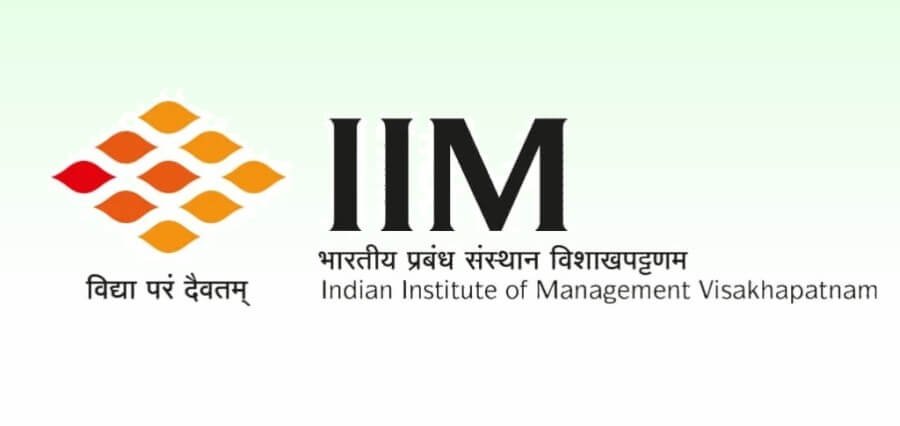Comprehensive University Experience
The Indian higher education scene has changed dramatically in the last few years. Prominent Indian colleges are progressively embracing a holistic approach to education, striking a balance between personal development and intellectual rigour. Traditionally, academic institutions in India were predominantly focused on academic excellence, with little emphasis on the all-round development of students. However, there is a growing recognition that for students to succeed in the rapidly evolving global environment, they need to be equipped not only with strong academic foundations but also with a diverse set of life skills. This paradigm shift reflects a broader understanding that education should not only impart knowledge but also foster personal growth, emotional intelligence and social responsibility.
The subtitle, “Comprehensive University Experience,” aptly encapsulates this holistic approach, highlighting the integration of academic rigour with initiatives that promote personal development. This comprehensive experience ensures that students are well-prepared to face the challenges of the professional world and lead fulfilling lives.
One can develop a better understanding of how top Indian colleges are effectively striking a balance between academic rigour and personal development by looking at their initiatives and programs.
The Shift Towards Holistic Development
Historical Context and Traditional Focus
Historically, Indian universities have prioritized academic achievement, often at the expense of personal development. The competitive nature of entrance examinations and the pressure to excel in academic subjects have long overshadowed the importance of personal growth. This traditional focus has led to a generation of students who excel academically but may lack essential life skills, such as critical thinking, emotional resilience and effective communication.
Emerging Trends in Higher Education
In response to the evolving needs of the 21st-century workforce and society, leading Indian universities are increasingly adopting a holistic approach to education. This approach emphasizes the development of the whole person, integrating academic rigour with initiatives that promote personal growth. By offering a comprehensive university experience, these institutions aim to nurture well-rounded individuals who can contribute meaningfully to society.
Key Components of Holistic Development Programs
Academic Rigor
At the core of holistic development programs is a commitment to academic rigour. Leading Indian universities continue to maintain high standards of academic excellence, ensuring that students receive a solid foundation in their chosen fields of study. Rigorous coursework, challenging assignments and exposure to cutting-edge research are fundamental components of this academic focus. However, the emphasis on academic rigour is balanced with initiatives that support personal growth.
Personal Growth Initiatives
- Counselling and Mental Health Services: Recognizing the importance of mental health, many universities have established comprehensive counselling and mental health services. These services provide students with the support they need to manage stress, overcome personal challenges and maintain a healthy balance between academic and personal life.
- Extracurricular Activities: Extracurricular activities play a crucial role in promoting personal growth. Universities offer a wide range of clubs, societies and sports teams, encouraging students to explore their interests and develop new skills. Participation in these activities fosters teamwork, leadership and time management skills.
- Community Engagement: Community engagement initiatives provide students with opportunities to contribute to society and develop a sense of social responsibility. Volunteer programs, social service projects and partnerships with non-profit organizations enable students to apply their knowledge in real-world settings and make a positive impact.
- Leadership Development: Leadership development programs are designed to cultivate the next generation of leaders. Workshops, seminars and mentorship programs help students develop essential leadership skills, such as effective communication, problem-solving and ethical decision-making.
- Cultural and Artistic Expression: Encouraging cultural and artistic expression is another vital component of holistic development. Universities organize cultural festivals, art exhibitions and performances, providing students with platforms to showcase their talents and celebrate diversity.
Benefits of Balancing Academic Rigor with Personal Growth
Enhanced Academic Performance
Balancing academic rigour with personal growth has been shown to enhance academic performance. Students who are emotionally and mentally well-balanced are better equipped to handle the demands of rigorous academic programs. Holistic development programs provide students with the tools they need to manage stress, stay motivated and maintain a positive outlook, all of which contribute to improved academic outcomes.
Development of Essential Life Skills
Holistic development programs equip students with essential life skills that are crucial for success in the professional world. Critical thinking, problem-solving, communication and leadership skills are just a few of the competencies that students develop through these programs. These skills are highly valued by employers and are essential for navigating the complexities of modern life.
Preparation for the Future
By balancing academic rigor with personal growth, leading Indian universities are preparing students for the future. Graduates of these institutions are well-rounded individuals who can adapt to changing circumstances, leading with integrity and making meaningful contributions to society. Comprehensive university experience ensures that students are not only academically proficient but also emotionally resilient, socially aware and ethically grounded.
Challenges and Future Directions
Challenges in Implementing Holistic Development Programs
While the shift towards holistic development is promising, it is not without challenges. One of the main challenges is balancing the demands of rigorous academic programs with the need for personal growth initiatives. Ensuring that students have the time and resources to engage in personal development activities while maintaining academic excellence requires careful planning and coordination.
Future Directions
The future of holistic development in Indian universities looks promising. As more institutions recognize the importance of balancing academic rigour with personal growth, we can expect to see an increase in the implementation of comprehensive development programs. Collaboration between universities, industry and government can further enhance these initiatives, providing students with even more opportunities to develop into well-rounded individuals.
Closing Remarks
Balancing academic rigour with personal growth is essential for creating a comprehensive university experience. Leading Indian universities are increasingly adopting holistic development programs that integrate challenging academic coursework with initiatives that promote emotional, social and ethical growth. These programs not only enhance academic performance but also equip students with the essential life skills needed for success in the professional world.
The future of higher education in India is bright, with a growing emphasis on holistic development programs. By continuing to balance academic rigour with personal growth, Indian universities are preparing students to lead fulfilling lives and make meaningful contributions to society.
In the years to come, we can expect these holistic development programs to evolve, incorporating innovative approaches and technologies to further enhance the comprehensive university experience. This ongoing commitment to holistic education will ensure that graduates are not only academically proficient but also well-rounded individuals ready to meet the challenges of the future.





